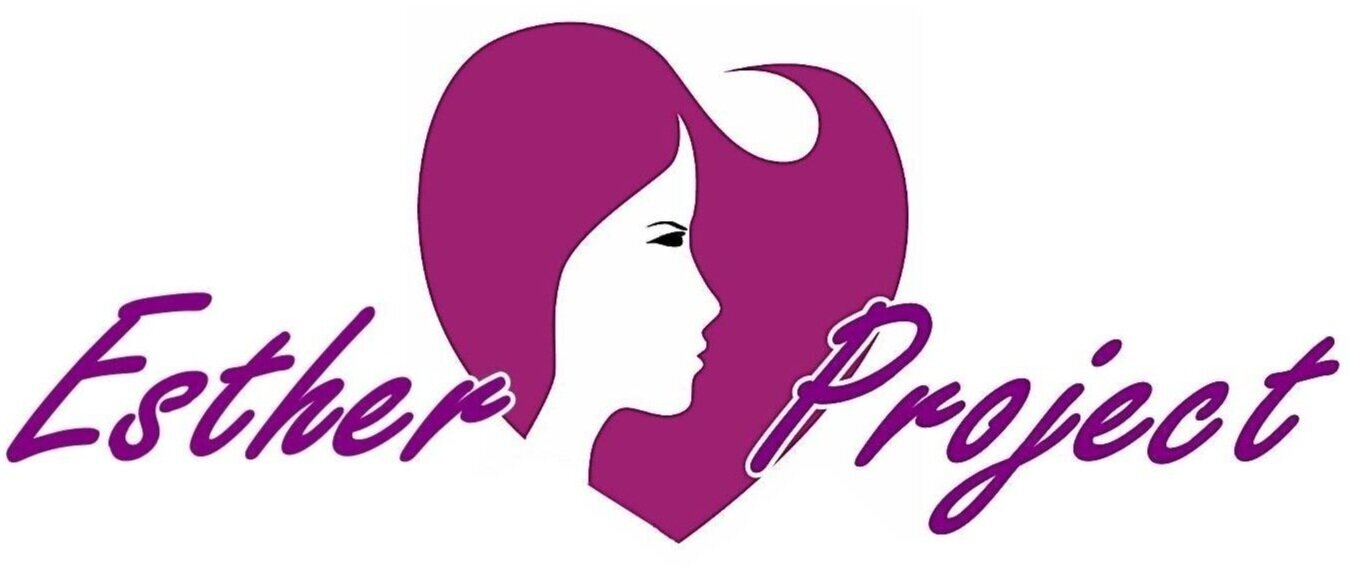Multiple News outlets from Japan to London - Myanmar is facing a financial and humanitarian crisis. 3/18/2021
“The Civil Disobedient Movement (CDM) is succeeding in bringing things to a halt,” one chief executive told the Financial Times. “I guess that is its purpose, but it is a bit of a dangerous game.” the turmoil is threatening to wipe out a decade of economic gains.
Eurasia Group, the risk consultancy, warned that there was a growing risk Myanmar could become a failed state. “If Myanmar collapses into chaos, there would be a significant destabilizing impact on neighboring Thailand and regional supply chains,” wrote Peter Mumford, an analyst.
Businesspeople are mostly keeping quiet about their concerns about the economy for fear of being publicly branded junta supporters. “Wider boycotts and ‘social punishment’ through peer pressure and Facebook are damaging the wider economy, particularly through their impact on banking and logistics,” a Myanmar business analyst told the FT. “This means employers can’t pay suppliers or staff, including those they have tacitly allowed to skip work and participate in protests. One major industry, the apparel industry employees over 500,000 people, and due to the uncertainty of the business climate, the ability to fulfill orders, and the recent burning of several Chinese apparel factories by the protestors; major apparel brands are speeding up their exit from the country and will not return for a long time, even if the CDM is successful. If employees do not return to work soon there won’t be any work to return to.” The resulting humanitarian crisis will rival the one caused by Typhon Nargis.
Banks in a catch 22 situation
A leaked memo dated March 9 reveals that the junta instructed the central bank to order commercial banks to resume full operations, or else transfer deposit accounts to state-run Myanma Economic Bank (MEB) and military-owned banks Inwa Bank and Myawaddy Bank.
A bank executive told Nikkei that all the commercial banks had been expecting the regime to "take some kind of actions forcing the banks to reopen," but the prospect of a forced transfer of deposits had come as a shock. “we can't discount the threatened consequences. We don't have legal recourse under emergency rule," he added
According to a 2020 report by the U.K.-based International Growth Centre, Myanmar's experience with two major banking collapses in the last three decades made a bank run relatively likely if a spiral of food shortages or forms of social breakdown took hold because of COVID-19.
Many of Myanmar's banks were already in a fragile state before the crisis and did not meet international capitalization standards, meaning they did not have enough cash to survive a severe crisis, noted the former adviser.
"Now, with the coup and COVID-19, borrowers are having trouble repaying their loans to the banks and we are seeing a downward adjustment in the banks' main source of collateral, real estate, especially in Yangon. On top of this, people are trying to withdraw their deposits from several banks. Even before the SAC directive, the banking sector was in deep trouble.
A bank manager suggested that “resuming operations will merely result in throngs of people rushing to banks to withdraw deposits. But if we don’t open the Central Bank could well take our assets.” Bank operators are caught between the military pressuring them to reopen, and citizens and employees supporting the CDM. Another banking executive is quoted as saying that “Myanmar is quickly approaching a full-scale financial crisis, and deposits at private banks could be wiped out entirely.”
